(617) 436-5592
Clergy Responsibilities
Bridging the Gap
Family and friends getting together to honor a loved one’s life is one of the most important steps in the grieving and healing process. You may opt to have a traditional religious or military service, or as more and more people are doing, you can choose to have a non-traditional ‘life celebration’.
Decisions need to be made about the location of the funeral, the choice of casket or urn and who the pallbearers should be. Another decision to make is who will be officiating the service.
Whatever you choose, some sort of service is expected from family and friends of the deceased. We are here to help create a unique and memorable service that people will remember fondly for years to come.

In doing so, we know we have to
BRIDGE THE GAP
between the Family, Clergy and Funeral Director.
You can choose to have a minister (or other religious leader) or a celebrant officiate the service. The difference between a minister and a celebrant is a celebrant is non-denominational. All in all, most of the following responsibilities are uniform for anyone who has been chosen to give the final rights.
Here is some insight on some of the responsibilities:
Plan to meet if possible at the family home for prayer, and familiarize themselves with other members of the family.
Will request the family to share some information about the life of the deceased.
Will have a template of the structure of how funeral service is conducted by your church.
Will give the family the option of choosing the day and time for the service, granted subject to availability.
Will help select the biblical passages to be read; religious songs or hymns; writing the order of service; etc.
Would like to know if there are any religious leaders in the family and would like to make it a point to include them in the program.
Will talk about getting a musician and soloist for the service, also their fees.
If decease is a non-member of the local church, the family will be required to pay a fee for the use of the church, also another fee for hosting the repast.
Non-members, if the funeral service is being held at the funeral Home, the pastor must be paid whatever price he set, but for members, this could be different.
Fees must be paid prior to the service being performed.
Can accompany you to the funeral home.
Will give you phone number to contact them if you need to while making the arrangements.
The morning of the service the clergy will talk with you briefly about any changes they want to make on the program.
Make the service as comfortable as possible and also will minister the word with hopes to reach somebody with the gospel.
Give an invitation to accept Christ at the end of the service, lead them in a repentance prayer and prayer for them, and offer them something to read.
Greet the family at the end of the service as you make your way to the cemetery.
If possible, join the family at the repast and fellowship with them briefly.
Will continue to support you and your family with some type of grief counselling to help with grief.





